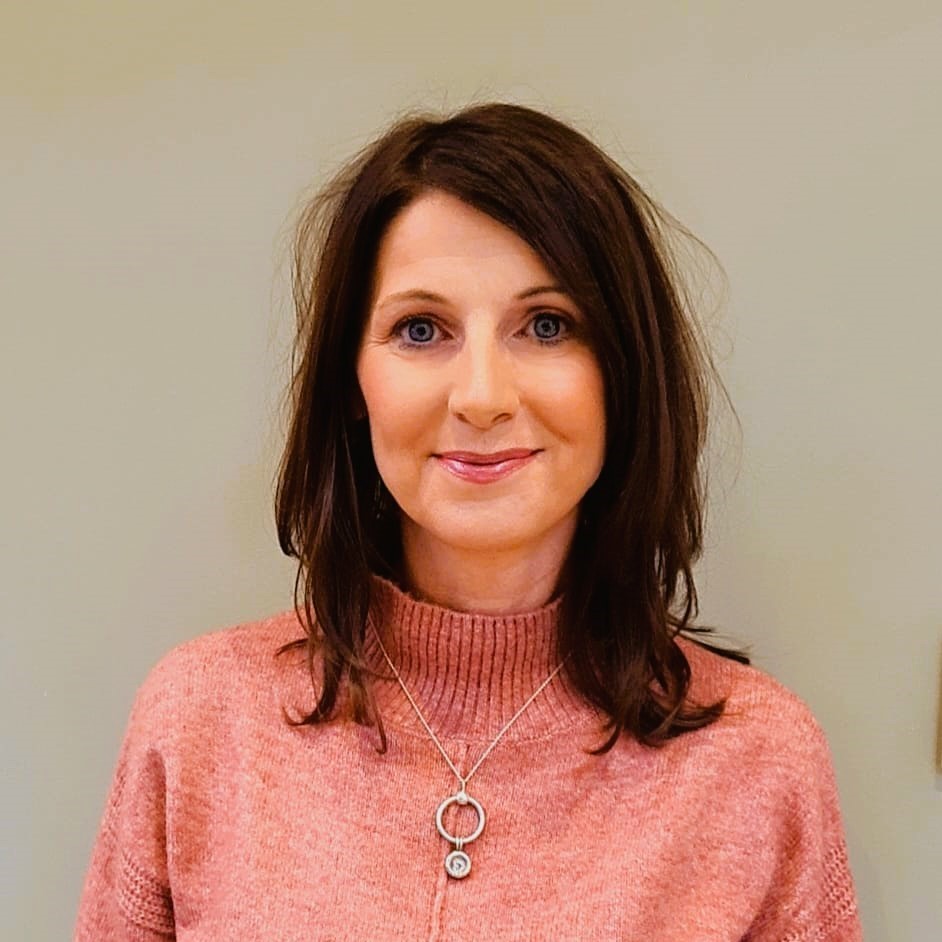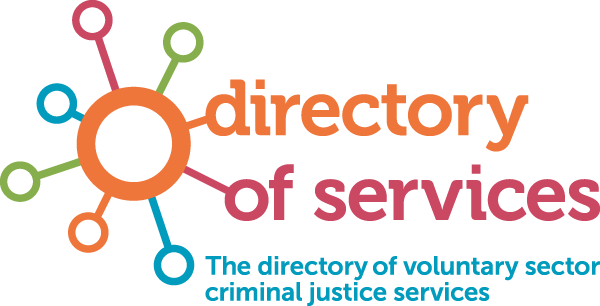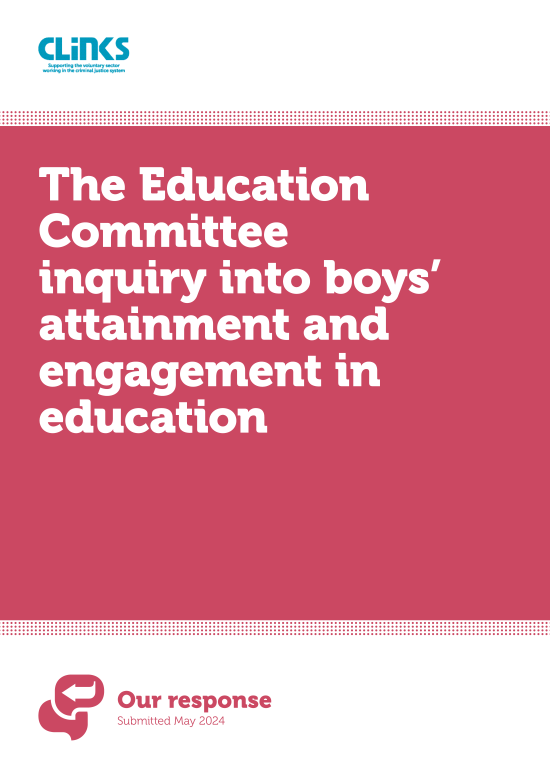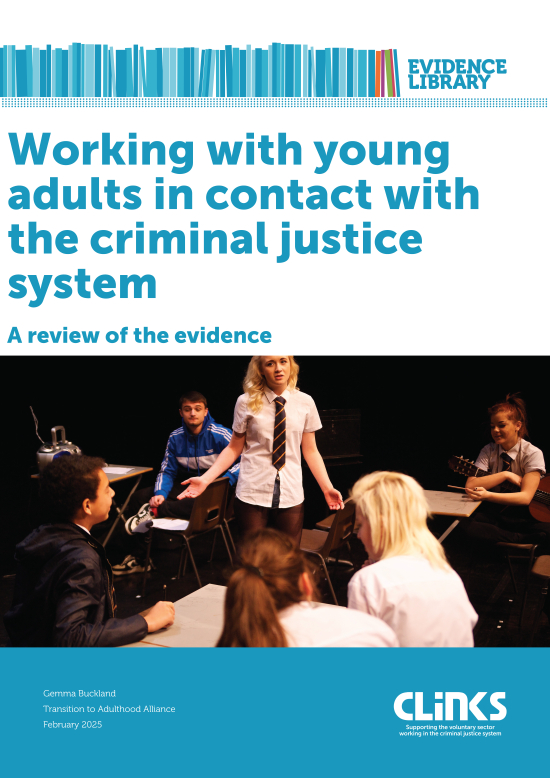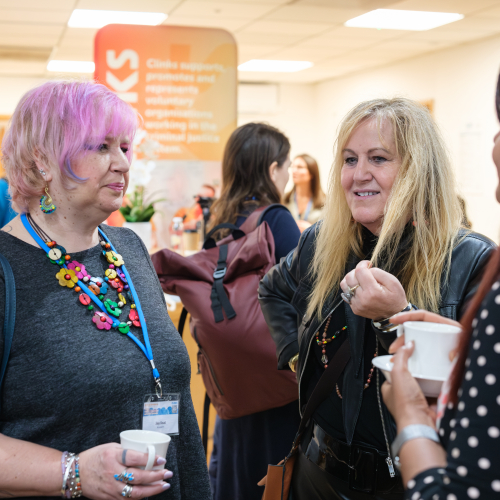Overview
Voluntary organisations have substantial knowledge and expertise about the local communities they serve, the individuals they work with, and the interventions and support required to meet their needs. Our members have pioneered and developed long term, flexible, and person-centred approaches that support desistance from crime. The services they deliver not only address immediate needs but also aim to help individuals reintegrate successfully into the community in the long term.
There are thousands of voluntary sector staff and volunteers supporting men, women, and children in prison with education, employment, health and wellbeing, and working through the prison gate to support resettlement in the community when they are released. There are also voluntary sector organisations supporting families affected by imprisonment or delivering restorative justice programmes.
Use our Directory of services to find out about voluntary organisations working in prisons. Some prisons also have their own directory of services listing the organisations they work with. Read Clinks case studies showcasing the innovative work of our members working in prisons.
Our work
To ensure we represent the voluntary sector working in prisons effectively, we regularly gather input from our members through:
- Email callouts for information
- Group discussions and forums
- Focus groups, workshops, and conferences
- One-to-meetings.
These insights inform our representative work with officials in the Ministry of Justice (MoJ) and HM Prison and Probation Service (HMPPS), and other stakeholders. We communicate key findings to decision-makers through informal and formal meetings, evidence to parliamentary select committees, written responses to government consultations, and independent policy reports.
Find out more about our consultation work and how to get involved.
Voluntary sector coordination (HMP/YOI ISIS)
Following the positive outcomes of The Good Prison Project Pilot study in 2016, Clinks, with funding from City Bridge Foundation, appointed a Voluntary Sector Coordinator at HMP/YOI ISIS, a prison in London for men aged 18-27.
The primary goal of the coordinator role is to promote the principles of the Good Prison Voluntary Sector model across the prison estate and champion voluntary sector coordination as a vital element in rehabilitation. The coordinator works closely with the prison to identify service gaps specific to the needs of the young men at HMP/YOI ISIS, collaborates with voluntary sector organisations to address these gaps and provides support to those organisations.
To ensure a holistic approach to reducing reoffending and harm, community links are vital to enable coordinated and efficient through-the-gate support upon release from custody. The role also focuses on supporting local voluntary sector organisations to create tailored support and intervention plans for young people transitioning back into the community.
The role acts as a bridge between the voluntary sector and the prison, ensuring that voices are heard, especially those of the young men.
Clinks is keen to continue to support this model in individual prisons and in partnership with prison governors. We believe it has the potential to have a positive impact on the work of each prison.
The Reducing Reoffending Third Sector Advisory Group (RR3)
The Reducing Reoffending Third Sector Advisory Group (RR3) study is one of our key channels for influencing government criminal justice policy. It provides the interface between the voluntary sector and the MoJ and HMPPS, to increase mutual understanding and build a strong and effective partnership.
Made up of senior leaders from the voluntary sector, the Group meets quarterly to provide guidance, insights, and feedback on criminal justice policy, operational, or legislative developments, at both an official and ministerial level. It functions as a collective voice for the voluntary sector, contributing to shaping MoJ and HMPPS initiatives and driving positive change in the criminal justice system.
The Group includes a Prisons Seat and a Longer Sentenced People Seat, the holders of both amplify the voices, concerns, and vital work of organisations delivering services in prisons and to people serving long sentences.
Find out more about the work of the RR3 and how to get involved.
Dynamic Purchasing System
There are several ways for organisations to secure contracts for providing services within the criminal justice system, with the Dynamic Purchasing System (DPS) being the most viable option for voluntary organisations. The DPS is an online procurement system that allows prisons to commission specialised education services, like skills development and art therapies, directly from local providers.
However, many voluntary organisations remain unaware of the DPS, partly because its rollout coincided with the COVID-19 pandemic and lockdown, and due to perceptions of the system being difficult to navigate and a lack of clear guidance. To address this, Clinks has published a Guide to the Dynamic Purchasing System, explaining how it works and offering practical advice on how voluntary organisations can successfully secure commissioning opportunities from local prisons.
Get involved
Training
Are you new to working in prison? Do you want to work in a prison but not sure where to begin? Or do you want a better understanding of the prison environment?
Clinks offers a one-day course aimed at increasing understanding of the prison environment, equipping staff and volunteers from voluntary organisations to engage meaningfully and professionally with prisons in their shared care of individuals in custody.
This highly participative day is led by an experienced trainer and covers a wide range of topics. It will combine theory, individual reflection, and practical guidance on working with people in the prison environment. To find upcoming sessions and book your place, browse our events. For more information or if you would like us to run a session for your organisation, please contact our events team.

